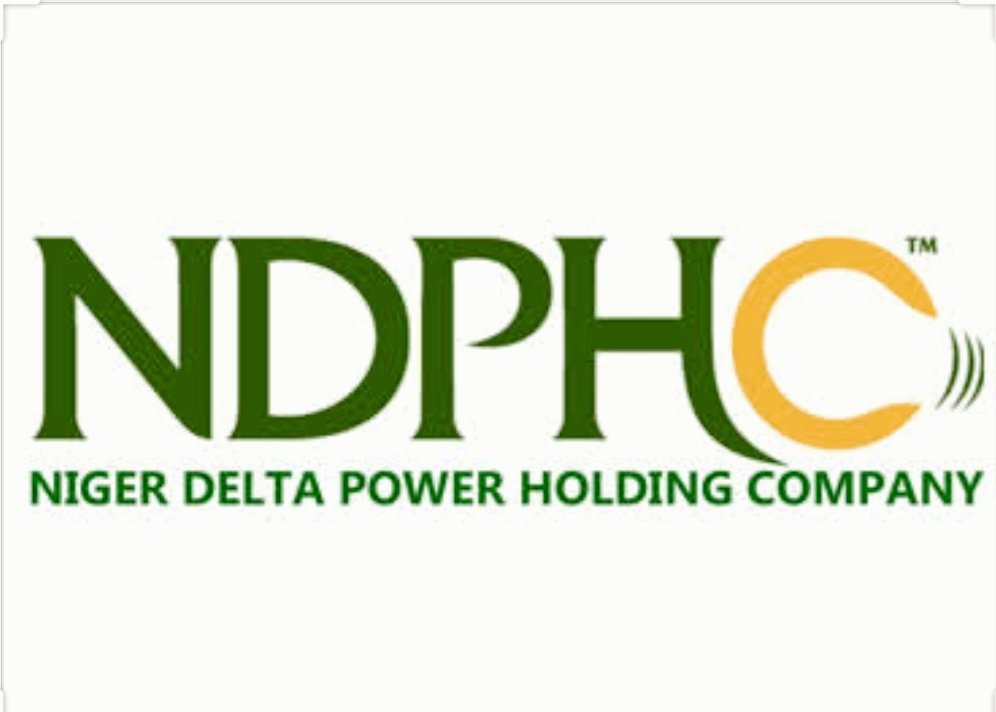3,585MW capacity underutilised as debts to NDPHC hit N180bn
Constraints within the transmission and distribution system have left a major percentage of 3,585-megawatt installed capacity of the Niger Delta Power Holding Company of Nigeria (NDPHC) stranded, it has been observed. This is just as the debts being owed the company are now in the region of N180bn. NDPHC is the implementing entity for the […]

The Niger Delta Power Holding Company (NDPHC)
Constraints within the transmission and distribution system have left a major percentage of 3,585-megawatt installed capacity of the Niger Delta Power Holding Company of Nigeria (NDPHC) stranded, it has been observed.
This is just as the debts being owed the company are now in the region of N180bn.
NDPHC is the implementing entity for the Nigeria Independent Power Plants (NIPP), which commenced the design of 10 NIPP power plants in 2006 with eight already completed while two are yet to be commissioned.
The power plants have a design capacity of 5000 megawatts but with current installed capacity of 3,585 MW.
SMEs: FG to open more incubation centres
FG to provide 80,000 houses in 8 years
But the NDPHC is currently allocated a maximum dispatch space of 975 MW at peak period and 757 MW for off-peak.
Managing Director/Chief Executive Officer of the company, Chiedu Ugbo who spoke at an interactive session with newsmen in Lagos on the Light Up Nigeria initiative of NDPHC said the company is engaging distribution companies to sell the current capacity available and develop more.
This, he stated, would translate into actualising the goal of the company to electrify homes and businesses and improve the country’s economy.
He was flanked by the Executive Director (ED), Generation, Engineer Abdullahi Kassim, ED Networks, Engineer Ifeoluwa Oyedele, and ED, Legal Services, Dr. Steven Andzenge.
Besides, the company under its renewable energy initiative had delivered 20,000 solar systems in 12 states in the first phase with an additional 100,000 in the second phase, which the MD stated would target the underserved and underprivileged sections of the country under the Nigerian Economic Sustainability Plan.
The MD stated that Nigeria would have been in darkness without its footprints and investment in transmission and sub-stations spread across the country.
Highlighting the constraints to utilising the company’s 3,585 installed capacity, Ugbo decried the unavailability of sufficient volumes of gas to guarantee generation up to TCN-allocated evacuation capacity of 975MW.
According to him, the NDPHC plants in Western axis require about 150 MMSCF/day to meet TCN-allocated evacuation capacity 535 MW (Peak).
He stated that the foreign exchange hike has also affected the supply of gas as gas is denominated in dollars though the company pays gas suppliers in naira.
On the debts owed to the company, he listed those owing to include the Nigeria Bulk Electricity Trading Company (NBET), adding that some of the debts are in the name of the Central Bank of Nigeria (CBN).
Despite the huge indebtedness, the operation of the company has not been stalled, the MD stated, adding, “The market is owing heavily and those owing us include government agencies. Despite this, our focus is to provide infrastructure and we are working very hard on this.
“Gas is denominated in USD but we pay in naira. Gas forms 60 per cent of our cost for generation and we know the price of gas today and that would have impacted seriously on tariff. The tariff is not cost reflective, if it is cost-reflective, the tariff would have hit the roof. The government in its wisdom said the tariff should not be increased and it makes a lot of sense because of the macroeconomic challenges affecting everybody.”
He also disclosed that the NDPHC is exploring partnership opportunities with the state government to harness the distribution investments in the state by leveraging on the 2023 Electricity Act recently signed into law by the president.
